Listen to Ursula K. Le Guin’s Little-Known Space Opera
“Rigel 9,” a collaboration with the composer David Bedford, tells the story of an astronaut who isn’t quite sure where home is.

If you’re an Ursula K. Le Guin fan, you’ve likely spent a lot of time in Earthsea, home to endless archipelagos and magical beings. You might have ventured to Gethen, with its glaciers and androgynes.
But you may not yet have made it to Rigel 9, a world that offers small red aliens, two-toned shadows from its double sun, and—depending on who you believe—a beautiful golden city. The planet is the setting of the little-known space opera, also called Rigel 9, released in 1985. The opera features music by avant-garde classical composer David Bedford, and a libretto written by Le Guin.
Rigel 9 tells a pretty classic space story. Three astronauts, named Anders, Kapper, and Lee, are sent to explore a strange world. After Anders goes off to collect plant samples and is kidnapped by extraterrestrials, Kapper and Lee argue over whether to rescue him or save themselves. In the end, Anders is faced with a difficult choice.
Although the plot is straightforward, the libretto is full of Le Guin-ian touches, from detailed descriptions of the alien planet—which smells like cinnamon, and is covered with yellow and orange trees—to hints of the overcrowded Earth the humans have left behind. (“The world has no more forests,” Anders sings sadly at one point. “Only human faces; only human voices.”) The music isn’t bad either, with beautiful soprano performances from those playing the aliens, Bowie-esque synth sweeps, and a cameo by the Scottish new wave duo Strawberry Switchblade.
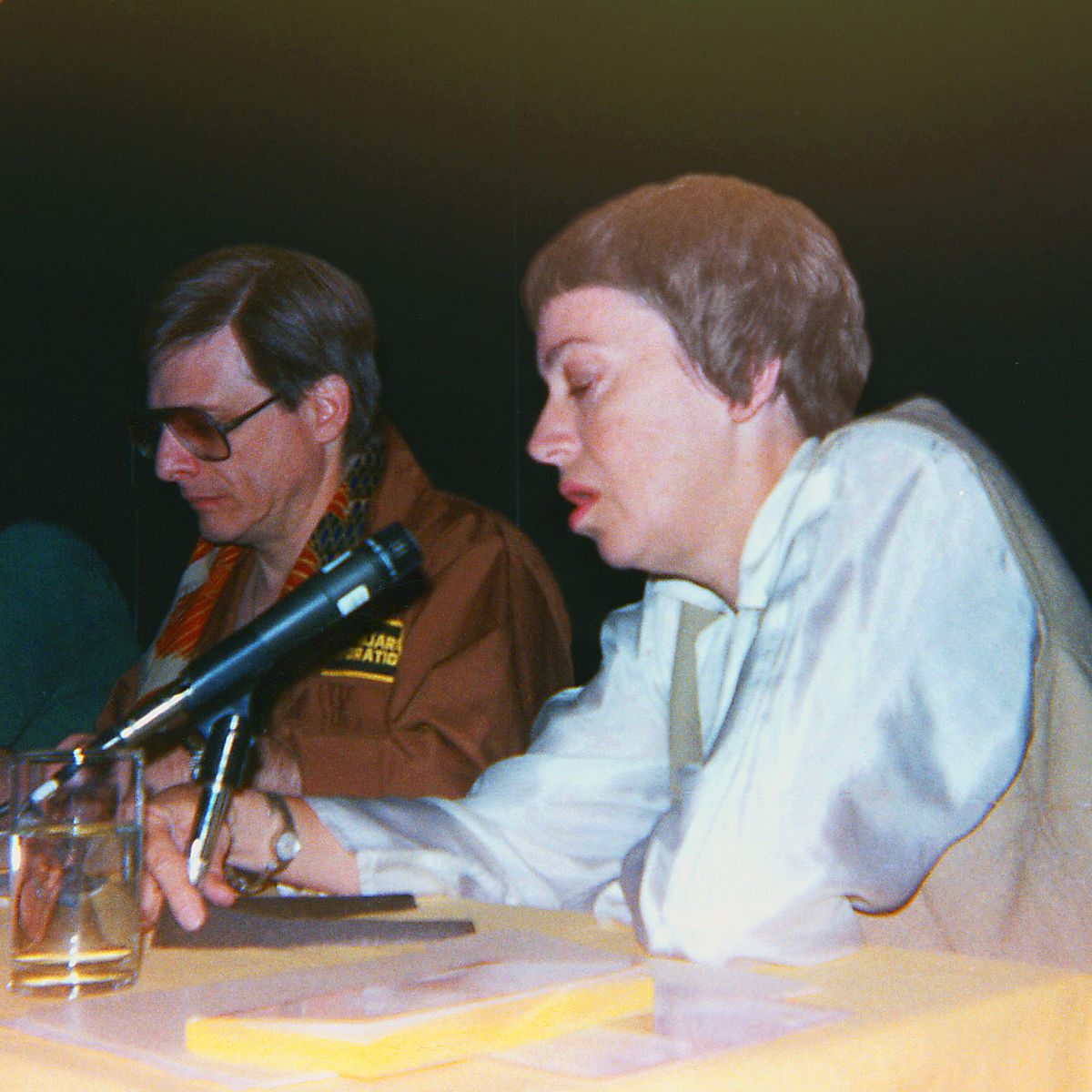
Rigel 9 did not enjoy the same success as some of Le Guin’s other works (or Bedford’s, for that matter). It’s unclear if it was ever performed live. Plenty of the dialogue is cheesy—“Rigel 9’s a waste of time!” an astronaut shouts at one point—and even through a tangled alien forest, you can hear the final plot twist coming from a mile away.
But it’s a treat to hear such an accomplished author as Le Guin tackle an entirely new art form. And now that she has departed this particular world, it’s comforting to know that she left behind so many others for us to explore.


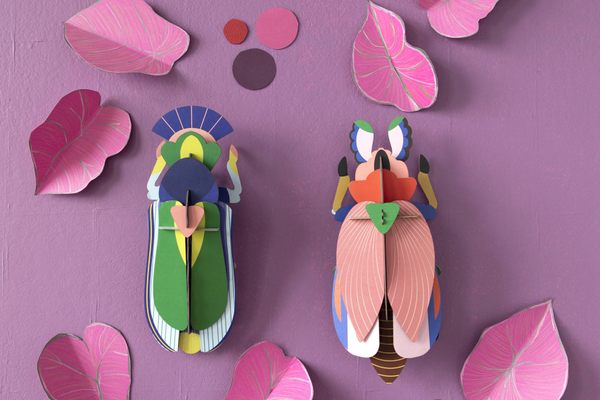


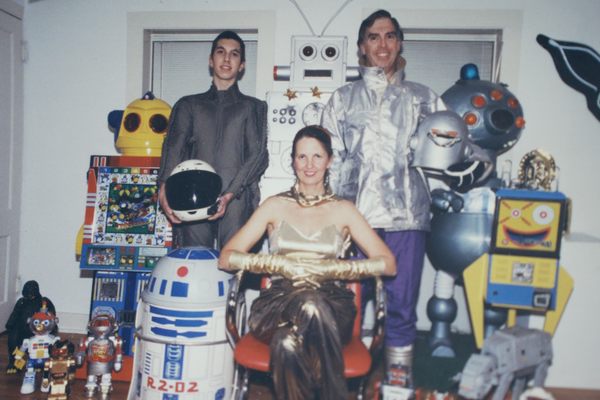
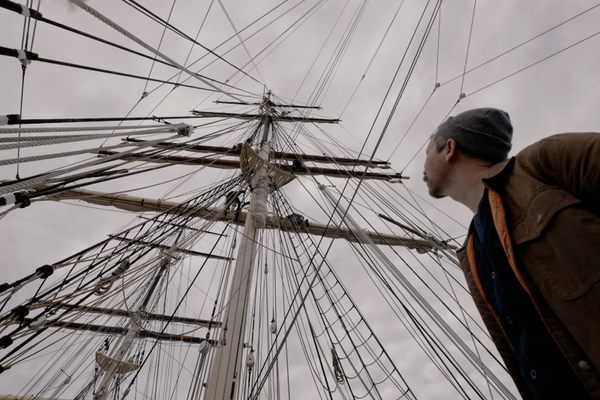
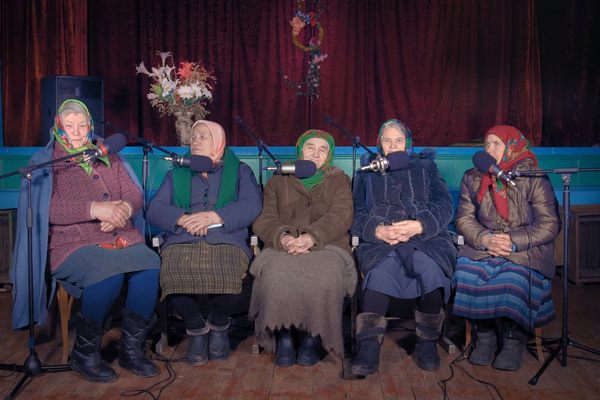
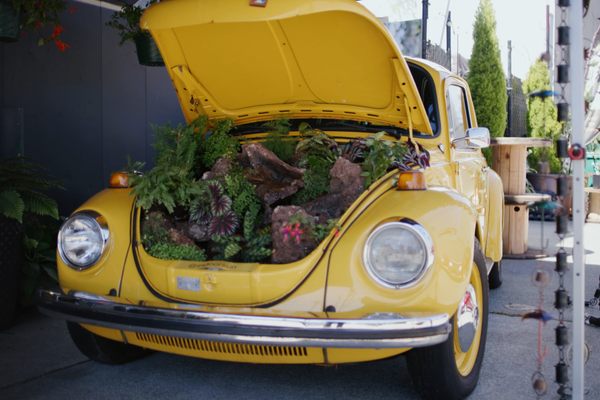





Follow us on Twitter to get the latest on the world's hidden wonders.
Like us on Facebook to get the latest on the world's hidden wonders.
Follow us on Twitter Like us on Facebook